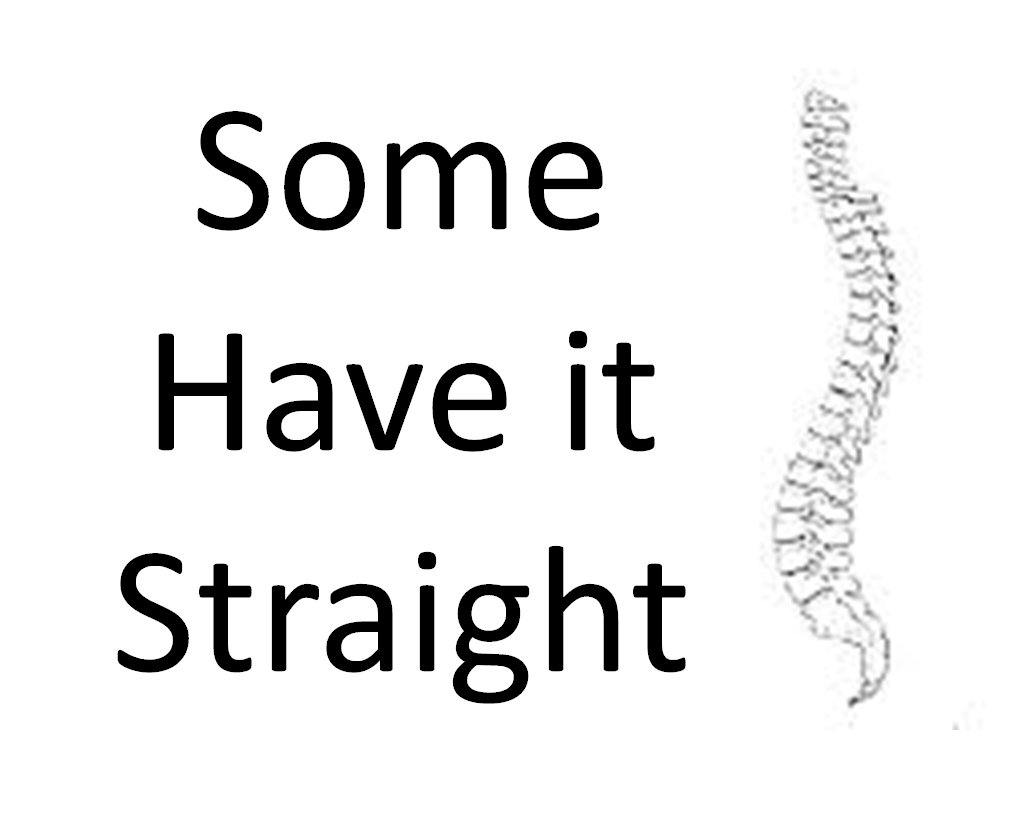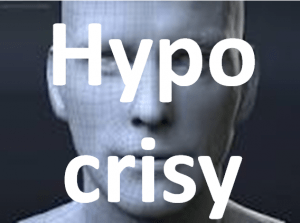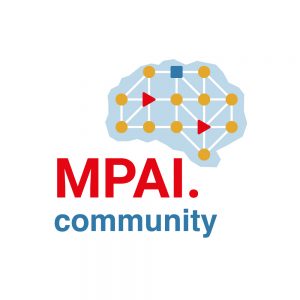Developing standards is one of the greatest endeavours humans can do for their fellow humans. A well conceived and rightly implemented standard is the lubricant that makes society more efficient. Communication standards are even more valuable because they enhance the most powerful feature of humans to do things with other humans in a coordinated way.
In the 20th century public authorities and entrepreneurs vied in inventing new ways to communicate within a community to the exclusion of others. My best example is ITU-R Recommendation 624 “Television systems” where minuscule and large countries alike compete in adding footnotes stating that they reserve the right to adopt different frequency tolerances and the like.
MPEG was born in 1988 in reaction to the balkanised state of analogue media standards and to the attempts by countries and companies to carry over the analogue media paradigm to digital media.
The rest is history. MPEG standards have universal coverage, a result achieved without the intervention of public authorities because companies were convinced that a global market was not only larger than the sum of individual markets but also more efficient. Consumers reaped the benefits.
The reality of today, however, is that the MPEG model is not adopted in all markets and there is an interest on the part of some powerful parties to make the MPEG model a temporary exception to the rule, starting with “Nothing will change”.
If this will happen, it will not be because people have lost faith in the MPEG model, but because of ferocious arm-twisting behind the scenes.
Some people have a straight back and some have not. Some others get it only too well. Others simply don’t get it.
Posts in next thread
Posts in this thread
- Some have it straight
- The MPEG exception
- Why is there a battle around MPEG?
- Strategic planning for MPEG
- Leonardo: who I am, what I have done so far, what I plan to do next
- The value of MPEG standards
- Design and build the future of MPEG
- Another view at MPEG’s strengths and weaknesses
- An “unexpected” MPEG media type: fonts
- The future of visual information coding standards
- Can MPEG survive? And if so, how?
- Quality, more quality and more more quality
- Developing MPEG standards in the viral pandemic age
- The impact of MPEG on the media industry
- MPEG standards, MPEG software and Open Source Software
- The MPEG Metamorphoses
- National interests, international standards and MPEG
- Media, linked media and applications
- Standards and quality
- How to make standards adopted by industry
- MPEG status report (Jan 2020)
- MPEG, 5 years from now
- Finding the driver of future MPEG standards
- The true history of MPEG’s first steps
- Put MPEG on trial
- An action plan for the MPEG Future community
- Which company would dare to do it?
- The birth of an MPEG standard idea
- More MPEG Strengths, Weaknesses, Opportunities and Threats
- The MPEG Future Manifesto
- What is MPEG doing these days?
- MPEG is a big thing. Can it be bigger?
- MPEG: vision, execution,, results and a conclusion
- Who “decides” in MPEG?
- What is the difference between an image and a video frame?
- MPEG and JPEG are grown up
- Standards and collaboration
- The talents, MPEG and the master
- Standards and business models
- On the convergence of Video and 3D Graphics
- Developing standards while preparing the future
- No one is perfect, but some are more accomplished than others
- Einige Gespenster gehen um in der Welt – die Gespenster der Zauberlehrlinge
- Does success breed success?
- Dot the i’s and cross the t’s
- The MPEG frontier
- Tranquil 7+ days of hard work
- Hamlet in Gothenburg: one or two ad hoc groups?
- The Mule, Foundation and MPEG
- Can we improve MPEG standards’ success rate?
- Which future for MPEG?
- Why MPEG is part of ISO/IEC
- The discontinuity of digital technologies
- The impact of MPEG standards
- Still more to say about MPEG standards
- The MPEG work plan (March 2019)
- MPEG and ISO
- Data compression in MPEG
- More video with more features
- Matching technology supply with demand
- What would MPEG be without Systems?
- MPEG: what it did, is doing, will do
- The MPEG drive to immersive visual experiences
- There is more to say about MPEG standards
- Moving intelligence around
- More standards – more successes – more failures
- Thirty years of audio coding and counting
- Is there a logic in MPEG standards?
- Forty years of video coding and counting
- The MPEG ecosystem
- Why is MPEG successful?
- MPEG can also be green
- The life of an MPEG standard
- Genome is digital, and can be compressed
- Compression standards and quality go hand in hand
- Digging deeper in the MPEG work
- MPEG communicates
- How does MPEG actually work?
- Life inside MPEG
- Data Compression Technologies – A FAQ
- It worked twice and will work again
- Compression standards for the data industries
- 30 years of MPEG, and counting?
- The MPEG machine is ready to start (again)
- IP counting or revenue counting?
- Business model based ISO/IEC standards
- Can MPEG overcome its Video “crisis”?
- A crisis, the causes and a solution
- Compression – the technology for the digital age




